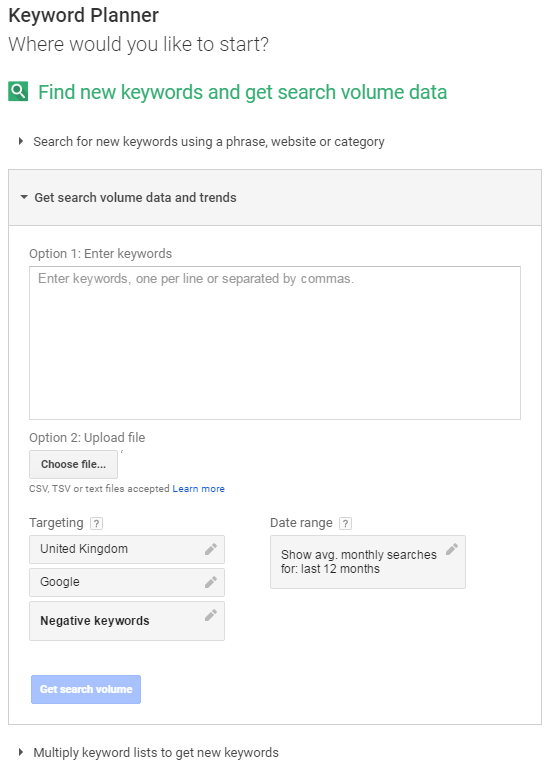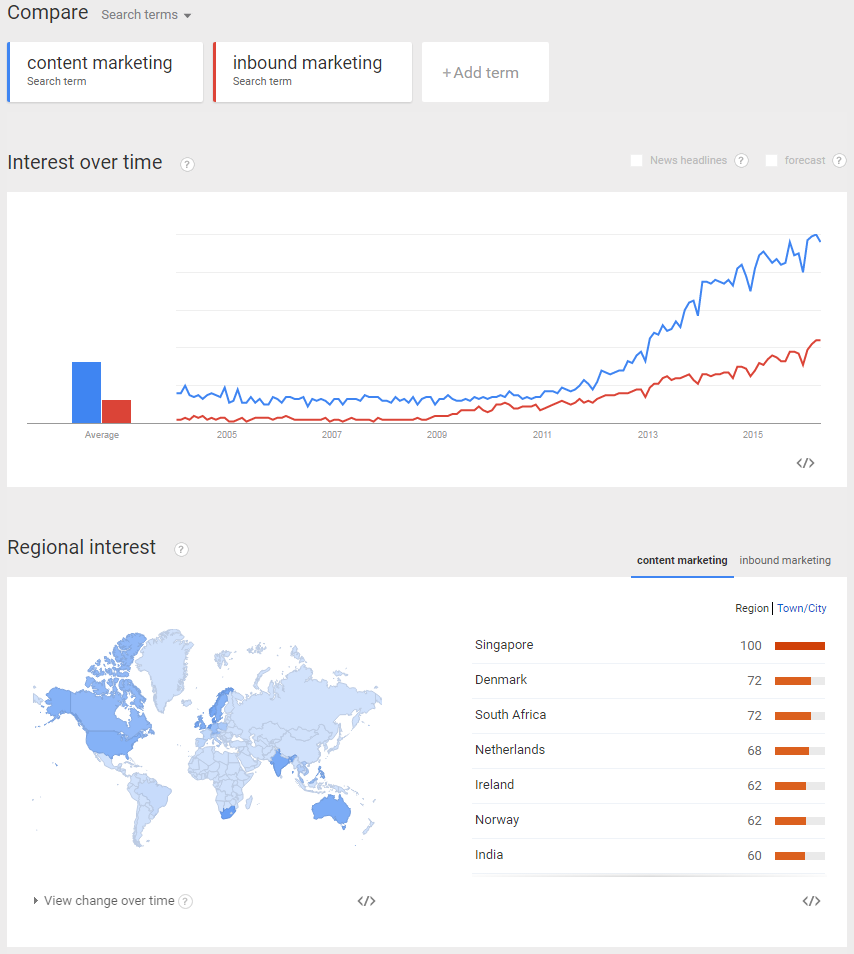
Every marketer wants to rank highly on Google. Get on the first page for a popular term and you're guaranteed to get more traffic to your site. It's a difficult task though and more traffic won't necessarily mean more sales or leads. To increase traffic and increase sales from organic search, there are three basic rules.
Relevance
If you're in the business of selling mens shirts, say, wouldn't it be great to be the first result on Google when people search 'clothes'?
It would surely drive millions of people to your site, but how many of these visitors would be interested in your product?
You can expect that around half of searchers will be women, so they're not going to buy your product. Of the men searching 'clothes', how many will be looking for shirts as opposed to, say, t-shirts, jeans, or shorts? Of those looking specifically for shirts, what's the guarantee they'll like your particular product?
However, if someone is searching 'mens white Ralph Lauren shirt size large', it's highly likely they'll be interested in your product!
Ensuring your SEO efforts are directed towards phrases specifically relevant to your product will result in a higher proportion of qualified prospects finding your site.
What's more, people searching these specific phrases are likely to be further along the buyer's journey and therefore more ready to buy.
Competition
Perhaps most importantly though, it's going to take an enormous amount of effort to rank number one for 'clothes', effort that almost certainly won't provide positive ROI.
Targeting long tail keywords like in the above example will always be the smarter option. Popular search terms like 'clothes' make up around 30% of all searches. The other 70% is made up of long tail searches. These will be less competitive and therefore easier to rank for.
Google Keyword Planner will help you determine how difficult it will be to rank well for a particular phrase.

Though designed as a tool for Google AdWords, keyword planner is also useful for SEO purposes.
Enter your keyword or keywords and this free tool will provide information on search volumes and competition level. It will also provide suggestions for related searches that you might want to consider targeting as well.
Popularity
Google Trends, another free online tool, can also be used to better understand how popular your keywords are. This tool generates interactive graphs to enable better understanding of the relative popularity of a search term over time. For some phrases, it will show you the news headlines that led to a spike in popularity or provide a forecast for its predicted popularity in the future.

If you're torn between targeting two particular phrases, a quick search on Google Trends will help you identify which term is more popular.
Targeting popular keywords will result in the traffic volume needed to generate the best ROI from SEO. Of course, popular terms are likely to be more competitive, so there's likely to be a trade-off between the two.
But find that sweet spot of a relevant and popular keyword with low competition and you'll drive high volumes of qualified traffic to your site, increasing leads and sales.
Or you could let us take care of it all for you! Here at LexisClick we have years of experience helping every kind of business with SEO keyword research, strategy and implementation. Find out more about our SEO services or get in touch on 01202 788333 or marketing@lexisclick.com.


